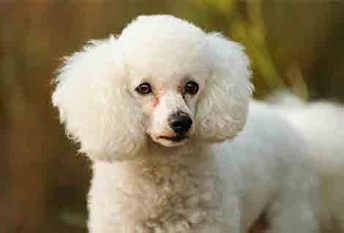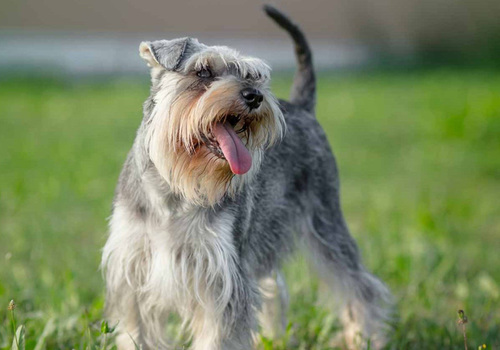The Standard is the eldest of the three Schnauzer breeds. He is depicted in artwork by Albrecht Durer that dates to 1492. These were all-purpose dogs who guarded property and livestock, killed mice, rats, and other vermin, and protected the farmer or merchant on the road to or from the marketplace. Their ancestors were herding and guardian breeds.
Along the way, the wirehaired pinschers, as they were originally known, were crossed with the gray Wolfspitz and the black standardPoodle. The result was the familiar pepper and salt and black coats seen in the Standard Schnauzer today. The dogs were exhibited at shows in the 1870s and a breed standard was written for them that describes a dog much like the modern dog. The wirehaired pinschers eventually became known as Schnauzers, a play on words that referred to the dogs’ distinctive muzzle (schnauze in German) with its beard and mustache. That was also the name of a popular show dog of the time, and the breed took his name.
A few Schnauzers were brought to the United States in the early 20thcentury, around 1900, and the American Kennel Club recognized the breed in 1904, but it wasn’t until 1925 that the Schnauzer Club of America was formed. The club split in 1933, with one group becoming the Standard Schnauzer Club of America, the other the AmericanMiniature SchnauzerClub. The Standard Schnauzer has never had the same popularity as the Mini, which ranks 12thin AKC registrations, and falls just below the Giant at 95thamong the breeds registered by the AKC.











